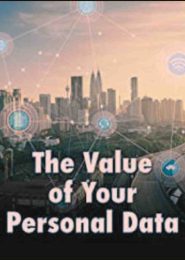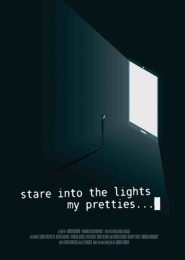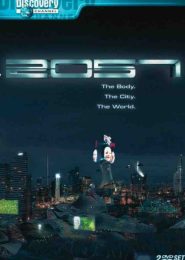The End of Ownership (2015)
In The End of Ownership documentary, the narrative explores the shifting landscape of ownership in the digital age.
Advancements in technology have transformed how we acquire and consume goods, challenging traditional notions of possession.
Furthermore, the rise of subscription-based services and digital licensing has blurred the lines between owning and accessing.
Digital rights management (DRM) plays a pivotal role in this evolution, as it regulates access to digital content.
DRM systems control how digital media can be used and distributed, often tying content to specific devices or platforms.
Moreover, they aim to prevent piracy and unauthorized sharing, but critics argue that they limit consumer freedom and hinder innovation.
The emergence of the sharing economy further complicates the concept of ownership. Platforms like Airbnb and Uber enable individuals to monetize their assets, such as homes and vehicles, by renting them out to others.
However, this raises questions about liability, regulation, and the implications for traditional industries.
In addition, the documentary explores the environmental impact of our consumption habits. The proliferation of disposable goods and fast fashion contributes to waste and resource depletion.
Moreover, planned obsolescence, where products are deliberately designed to have a limited lifespan, exacerbates these issues.
The shift towards digital ownership also raises concerns about data privacy and security. Companies collect vast amounts of personal information from users, often without their full understanding or consent.
Furthermore, this data can be exploited for targeted advertising or sold to third parties, posing risks to individuals’ privacy and autonomy.
At the end of the documentary, viewers are left to ponder the ramifications of these trends on society and the economy.
However, it also highlights the potential for positive change, such as the rise of open-source and community-driven initiatives.
Ultimately, The End of Ownership serves as a reminder of the complexities inherent in our relationship with goods and information in the modern world.




